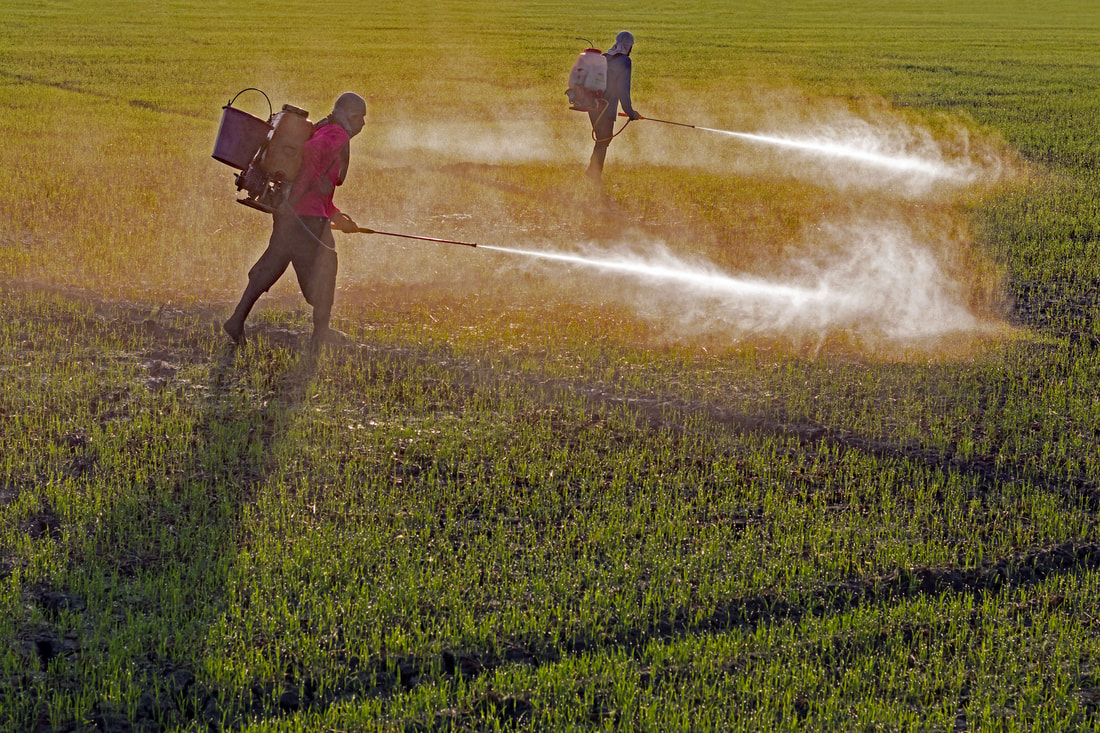|
The relationship between herbicide use, cancer, and organic lawn care is a complex and highly debated issue that has gained increasing attention in recent years. Herbicides, also known as weed killers, are chemicals used to control the growth of unwanted plants and weeds. They are widely used in agriculture, landscaping, and home gardens, but their use has been linked to numerous health and environmental risks, including an increased risk of cancer. In response, many people have turned to organic lawn care practices that aim to promote healthy soil and plants while minimizing the use of chemicals. Herbicides are designed to be toxic to certain plants and weeds, but they can also have harmful effects on human health and the environment. Some studies have suggested that exposure to certain herbicides may increase the risk of certain types of cancer, including non-Hodgkin's lymphoma, prostate cancer, and breast cancer. However, the evidence is not conclusive, and the relationship between herbicide use and cancer risk is still being studied. One of the challenges in understanding the relationship between herbicides and cancer is the difficulty in measuring exposure to these chemicals. Most studies rely on self-reported exposure to herbicides, which can be inaccurate. In addition, many herbicides are used in combination with other chemicals, making it difficult to determine the individual effects of each chemical. Furthermore, the effects of long-term exposure to low levels of herbicides are not well understood, and more research is needed in this area. Despite the uncertainty surrounding the relationship between herbicides and cancer, there is a growing concern about the negative health and environmental impacts of these chemicals. In addition to increasing cancer risk, herbicides can also harm beneficial insects, wildlife, and the overall ecosystem. They can contaminate water sources and soil, and they can also disrupt the balance of natural ecosystems. In response to these concerns, many people have turned to organic lawn care practices as a safer and more sustainable alternative to traditional herbicide use. Organic lawn care involves using natural methods to promote healthy soil and plants, such as composting, mulching, and using beneficial insects to control pests and weeds. These practices rely on a holistic approach to lawn care, focusing on soil health and plant nutrition, rather than relying on chemicals to control unwanted plants and pests. Organic lawn care is not only safer and more sustainable, but it can also result in a healthier and more attractive lawn. By using natural methods to promote soil health and plant growth, organic lawn care can lead to a more resilient and self-sustaining ecosystem. Furthermore, by avoiding the use of harmful chemicals, organic lawn care can help to protect the health of both people and the environment. In conclusion, the relationship between herbicide use, cancer, and organic lawn care is complex and multifaceted. While the evidence linking herbicides and cancer risk is not conclusive, there is growing concern about the negative health and environmental impacts of these chemicals. Organic lawn care offers a safer and more sustainable alternative, promoting healthy soil and plants while minimizing the use of harmful chemicals. By adopting organic lawn care practices, we can help to protect both human health and the environment, and create healthier and more sustainable communities. 50K Professional Lawn Services LLC. 844-505-5296. Austin, Texas.
1 Comment
|
Call or Text |
